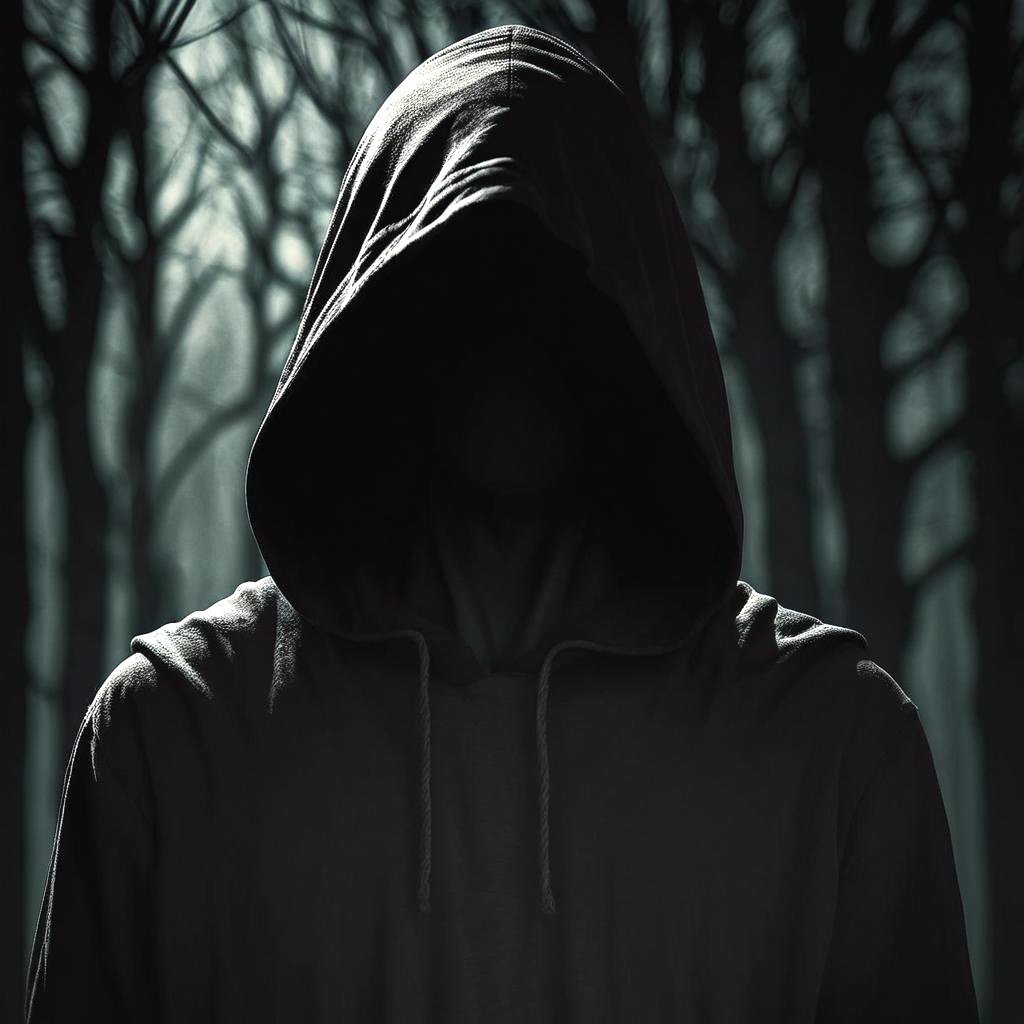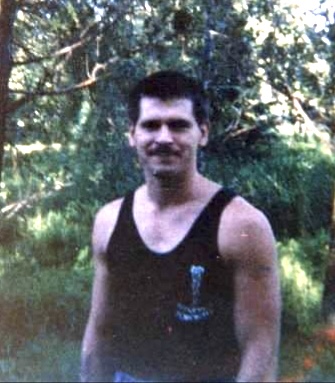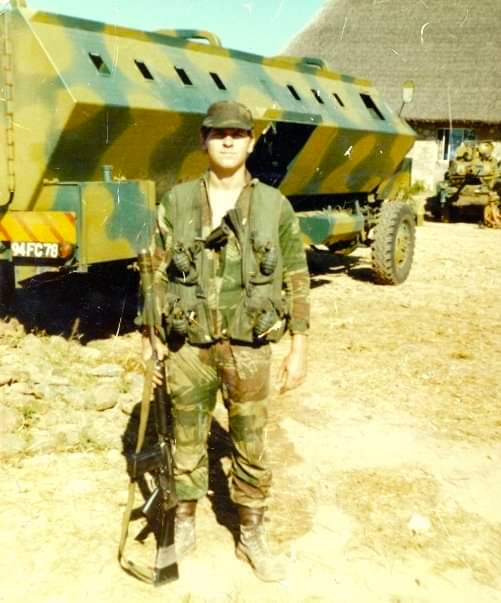
This all started three days ago with a blog about a Canadian striptease club called Le Strip.
Life seemed so simple then.
Yesterday’s follow-up blog was titled: THE NOT-SO SIMPLE TALE OF A CANADIAN STRIP CLUB AND TERRORISM IN THE 1980s.
It was about David Hughes, who worked as a doorman/cashier/DJ at Le Strip 1982-1994… and as a trainman on the Canadian Pacific Railway system 1986-2019… and as a ‘Confidential Informant’ for the Ontario Provincial Police… and for CSIS (the Canadian Security Intelligence Service) around that time.
Now take a big breath…
BOSS, (the apartheid South African government’s Bureau of State Security 1969-1980) enters the story…
In yesterday’s blog about David Hughes’ undercover work in Canada, he said:
“Grant Bristow’s meeting with Max French at Le Strip was arranged by me… At the time, Grant was a Confidential Informant for CSIS (which I also had a indirect role in creating).”
So, obviously, I asked about this role.
He replied:
The role I am referring to is how Grant Bristow came to the attention of CSIS and ended up becoming a CI for them. It was as a result of his recruitment by the South African embassy in Toronto (around 1984?) to provide intelligence on ANC (African National Congress) personnel in the city who were organizing protests against the apartheid regime in South Africa at the time.
Grant had met a couple of the South African embassy’s “diplomatic staff” (BOSS agents, no doubt) and parlayed his friendship and knowledge of my serving in the Rhodesian Army in 1979/80 into a job offer from them to provide information that would assist the South Africans in their battle against the ANC.
At the time Grant was working for Kuehne+Nagel in Toronto… One of the services they offered back in the 1980s/1990s was private investigators (who were required to be licensed under Provincial legislation) to ferret out employee theft and fraud.
They had contracts with Canada Post to provide security services at the Gateway Postal sorting facility and Grant spent a lot of time there doing undercover work for the security company in addition to his part time work as a DJ at Le Strip.
Kuehne+Nagel was where (I think?) he got his first taste of undercover work which was to stand him in good stead when he began to act as a CI for CSIS. He had a unique personality trait that I think helped ingratiate him into whatever role was required of him at the time. His personality could be demure as a sheepdog or as brash and bombastic as a WWE wrestler calling out his opponent in the ring combined with a chameleon like ability to instantly blend into whatever social environment he was enmeshed in at the moment.
He managed to gather a handful of would-be security staff into his plan and out of the blue one day called me up and asked if I would give his ‘recruits’ a lecture on the ANC.
I agreed and about a half dozen of ‘Grant’s Gaggle’ showed up at my apartment one weekend. I spent the next hour or so giving them the benefit of what I knew about the ANC as a result of my experiences in Rhodesia/Zimbabwe in 1979/80… which, honestly, wasn’t really much.
Grant was a little vague about exactly what he was up to… I could not figure out whether what he was telling me about the South Africans was legitimate or not.
Through all of this, though, Grant attracted the attention of CSIS and they managed to turn him into a CI and he began working against the interests of the South African Embassy in Toronto and gave CSIS information which ultimately led to the expulsion of a number of the South African diplomatic staff for “activities inconsistent with their diplomatic status”.
All of this occurred before his recruitment into the white supremacist neo-Nazi Heritage Front (see previous blog) and activities as a CSIS spy in that group for several years in what was called by CSIS, “OP Governor”.
When Grant’s role was exposed by the Toronto Sun in the mid-1990s, a public outcry led the Conservative Government of the time to convene an inquiry by the Security Intelligence Review Committee into the matter.
I gave in-camera testimony at the committee and their report, titled The Heritage Front Affair, under the Chairmanship of the Right Honorable Val Meredith ultimately determined that CSIS (while testing the limits of what was appropriate for the agency) acted within the limits of their mandate under the law and that Grant Bristow had performed an act of great benefit to his country and its citizens.
A conclusion that, in my opinion, was entirely correct.
Of course, Grant was given a new identity by CSIS and spirited to an unknown location somewhere in Canada where he was paid for the services he had rendered to the Government of Canada as a CSIS spy.
For me, life went on as normal and I worked often with Max French at CP Rail until I transferred to the London Division in 1998 and spent the remainder of my career working out of that terminal. Oftentimes I would run a train to Toronto and see Max in passing. In all of that time he never indicated that he suspected me during our association.
To this day, unless he reads this blog, I wonder if he ever did…
PS – I attach a photo of me back in those days…much better than the AI pic you created yesterday.

…and also one of me in the Rhodesian Army.

HOLD ON! HOLD ON!… “One of me in the Rhodesian Army”… ???
(…AND THE ANSWER IS HERE…)


